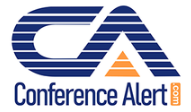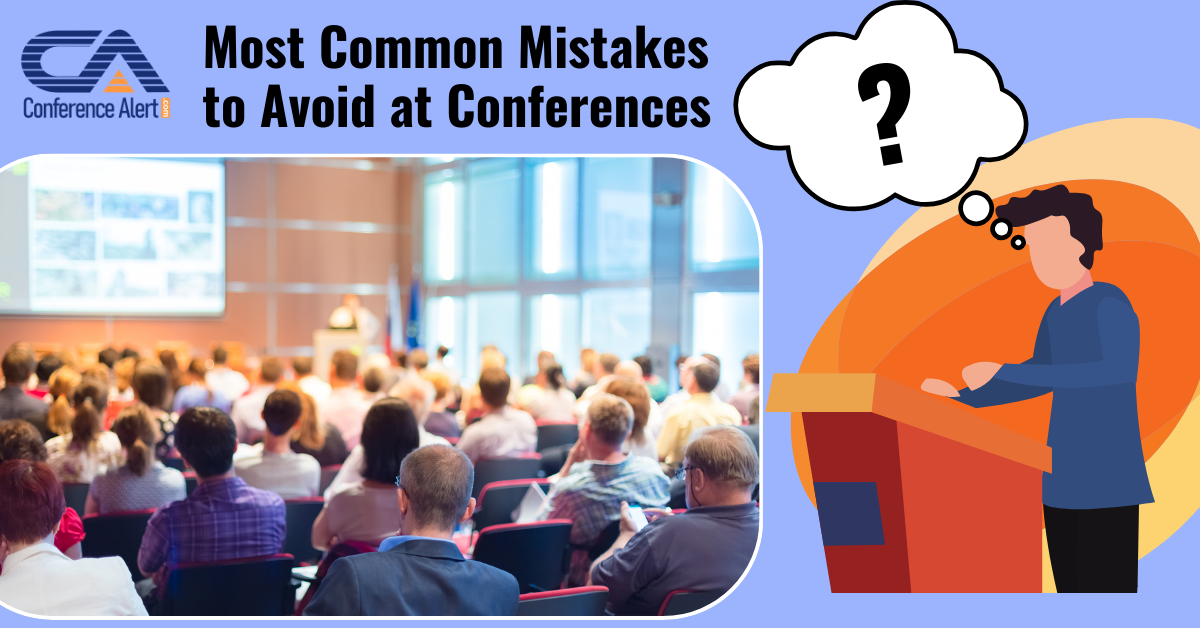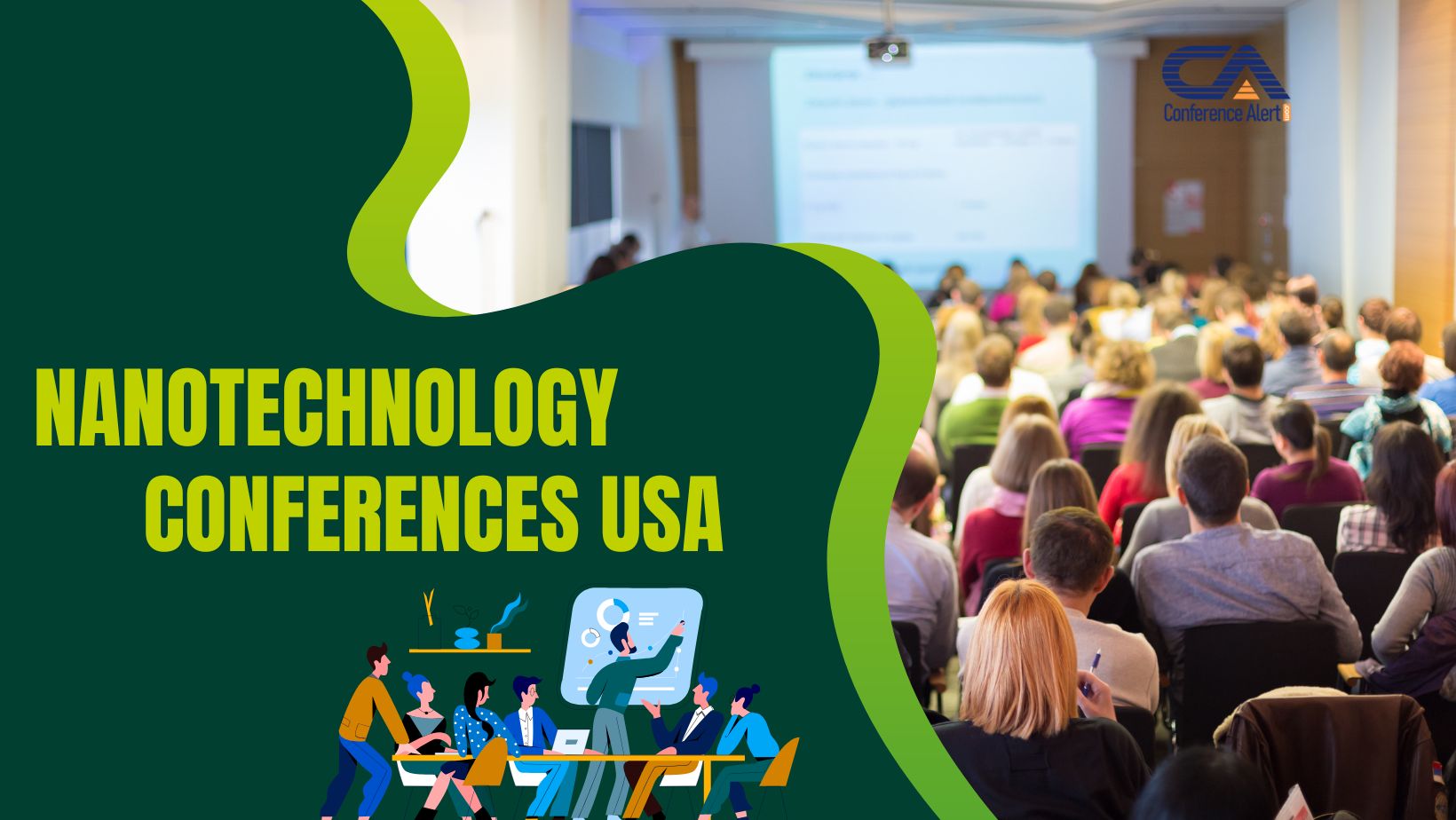Conferences are a cornerstone of professional development, networking, and knowledge sharing within various industries. Offer opportunities to learn from thought leaders, connect with peers, and explore the latest innovations. Many attendees find that their conference experience falls short of expectations. As the organizer of numerous conferences, We observed recurring pitfalls that can detract from participants’ overall experience. Most common mistakes professionals make at conference and, more importantly, how to avoid them.
1. Neglecting Preparation
Mistake: One of the most significant mistakes professionals make is failing to prepare adequately for the conference.
Solution: Preparation begins long before the event. Attendees should research the schedule, identify sessions of interest, and plan their itinerary accordingly. Mapping out keynotes, panel discussions, workshops, and networking opportunities will facilitate better time management and ensure that attendees make the most out of their time on site. It’s crucial to review the list of speakers and presenters to take note of any individuals you wish to connect with.
2. Skipping Networking Opportunities
Mistake: Some professionals attend conferences without engaging in networking, missing potential collaborations and learning experiences.
Solution: Networking is often said to be one of the most valuable aspects of a conference. Attendees should approach networking with an open mind and a proactive attitude. Engaging with fellow attendees during breaks, at meals, and during social events can lead to fruitful connections. Consider setting personal networking goals, such as meeting a specific number of new people or connecting with someone in your field.
3. Overloading on Sessions
Mistake: Common misstep is trying to attend too many sessions in a single day, leading to burnout and diminished retention of information.
Solution: It’s essential to find a balance that works for you. Prioritize a few key sessions that align with your interests and professional goals. Leave some buffer time in your schedule to recharge, reflect, and connect with others. Remember that taking the time to absorb what you’ve learned can often be more beneficial than simply trying to collect as much information as possible.
4. Inadequate Follow-Up After the Conference
Mistake: Many attendees neglect to follow up with contacts made during the conference, resulting in missed opportunities for lasting connections.
Solution: Following up is just as critical as making connections at the conference itself. Within a week of the event, reach out to the individuals you met. A simple email expressing appreciation for their insights and suggesting a coffee chat can foster a deeper relationship. Utilize social media platforms like LinkedIn to connect and stay in touch, ensuring that your networking continues beyond the conference walls.
5. Failing to Engage in Social Media
Mistake: Attendees often overlook the power of social media during conferences, missing out on real-time discussions and networking opportunities.
Solution: Before attending, familiarize yourself with the conference’s official hashtag and engage in conversations on platforms like Twitter, Instagram, and LinkedIn. Sharing your thoughts, insights, and experiences can enhance your visibility and connect you with attendees who share your interests. Live-tweeting keynote sessions or posting highlights can establish you as an active participant in the conference dialogue.
6. Ignoring Personal Branding
Mistake: Many professionals neglect to consider how they present themselves, both online and in person.
Solution: Your personal brand is your professional identity, and conferences are an excellent opportunity to showcase it. Ensure that you have a polished LinkedIn profile and an updated business card. Dress appropriately for the event to make a positive first impression. Moreover, be mindful of the messages you put out on social media – consistency across all platforms reinforces your brand.
7. Not Setting Goals
Mistake: Attending a conference without clear goals can lead to a lack of direction during the event.
Solution: Before attending, define what you want to achieve. Goal is to learn about a specific topic, forge partnerships, or present your work, having clear objectives will guide your decisions and help you evaluate the success of your experience afterward. Consider writing down your goals and reviewing them at the end of each day to assess your progress.
8. Arriving Late or Leaving Early
Mistake: Arriving late to sessions or leaving early can signal disinterest and limit your learning.
Solution: Plan to arrive at the conference with enough time to check in, grab materials, and settle into the sessions. Make a point to stay for the entire program, as valuable insights are often shared during the latter half of discussions. Engaging in post-session conversations and Q&As can deepen your understanding and expand your network.
9. Being Closed-Minded
Mistake: Some professionals attend conferences with a rigid mindset, unwilling to explore new ideas or perspectives.
Solution: Conferences are designed to challenge the status quo and introduce attendees to innovative concepts. Approach each session with an open mind, and be willing to engage with speakers and other participants who may hold differing viewpoints. Embrace opportunities for intellectual curiosity, as these exchanges can lead to transformative insights.
10. Overlooking Logistics
Mistake: Failing to pay attention to logistical details can make for a frustrating experience.
Solution: Before the conference, become familiar with the layout of the venue, session tracks, and other logistical aspects such as transportation and local accommodations. Download the official conference app, where available, as it often includes crucial information about session times, maps, and notifications. Being aware of the logistics will allow you to focus on your primary goals rather than circling the venue in confusion.
11. Avoiding Panel Discussions
Mistake: Some attendees shy away from panel discussions, thinking they might not be as informative as keynotes.
Solution: Panel discussions often provide diverse perspectives on a single topic, allowing for lively debate and discussion. Instead of skipping these sessions, give them a chance. They are a valuable opportunity to hear from multiple experts and may spark thoughtful questions and conversations that enhance your learning experience.
12. Forgetting to Take Notes
Mistake: Many attendees fail to take notes during sessions, missing out on crucial insights.
Solution: Bring notepads, digital devices, or note-taking apps to capture important ideas, quotes, and action items. Highlight particularly useful points that resonate with you for easier recall later. If note-taking during sessions feels overwhelming, consider focusing on three main takeaways from each session, which you can elaborate on later.
13. Skipping Meals and Breaks
Mistake: In an effort to maximize networking and learning, some attendees skip meals or forget to take breaks, which can lead to fatigue and irritability.
Solution: Prioritize your well-being by setting aside time for meals and breaks. Nourishment and hydration are vital to maintaining focus and energy levels. Use meal times as an opportunity to connect with fellow attendees, discuss insights, and exchange ideas in a more informal setting.
14. Not Participating in Q&A Sessions
Mistake: Many attendees refrain from participating in Q&A sessions, losing opportunities to clarify doubts or add their perspective.
Solution: Engage in Q&A sessions, as they provide a platform to deepen your understanding of the topic at hand. If a question occurred to you during the session, chances are someone else was wondering the same. Don’t hesitate to ask about specifics, as doing so can promote further discussion and provide clarity on complex topics.
15. Overacquaintance with Comfort Zones
Mistake: Sticking only with known colleagues or circles inhibits learning and potential connections.
Solution: While it’s natural to gravitate toward familiar faces, challenge yourself to step out of your comfort zone. Approach attendees you haven’t met before during breaks and networking events. Consider joining mixers, discussion groups, or workshops, where you can interact with professionals you may not encounter in your usual circle.
16. Not Utilizing Conference Resources
Mistake: Many attendees overlook the resources provided by the conference organizers, such as materials, session recordings, and discussion forums.
Solution: Make the most of available resources. Review any literature or materials provided, and take advantage of session recordings if offered. Conference websites or apps often contain tools for connecting with speakers and fellow attendees, maximizing engagement and learning opportunities.
17. Forgetting Self-care
Mistake: The pressures of networking, attending sessions, and socializing can lead professionals to neglect their well-being.
Solution: Schedule downtime to recharge during the conference. May involve finding a quiet space, engaging in mindfulness activities, or taking brief walks to clear your mind. Self-care is not only important for your physical health but also enhances your capacity to learn and connect effectively.
Attending conference can be an enriching experience, providing considerable opportunities for personal and professional growth. To make the most of this experience, it’s crucial to avoid common pitfalls that may detract from your overall satisfaction.
Professionals can navigate conferences more effectively, ensuring a rewarding and memorable experience that translates into tangible benefits in their careers. Preparation, engagement, and self-reflection are vital for turning a good conference experience into a great one. Chance to learn, grow, and connect, and you’ll find that the possibilities are endless.




